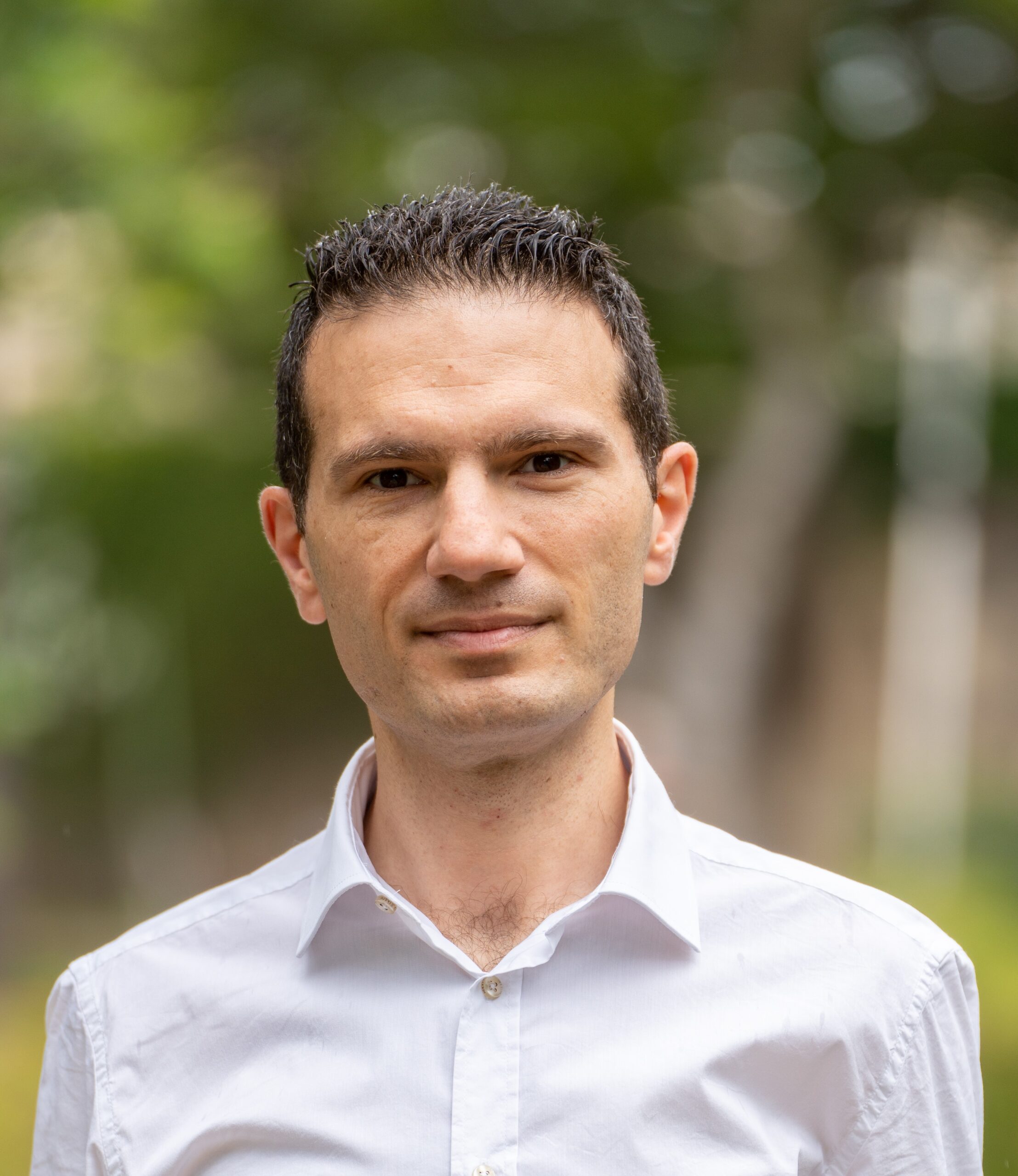This article was first published on the PMI Central Illinois Chapter website on the 12th of February 2024.
As a project manager, you’ve likely encountered situations where you and your teams were pressured to work on numerous urgent tasks. Once you’ve all settled in and the team starts gaining some level of momentum, another ‘urgent’ request comes in, forcing you to stop whatever you were working on and disrupting all the plans.
Beyond the risk of missing deadlines and delivering work that does not meet certain level of quality, this persistent lack of concentration leads to frustrations among team members, reduced motivation, and increased level of conflicts.
Consequently, project managers find themselves at the intersection of strategic decision-making and day-to-day execution, spending their energy dealing with the challenge of ensuring sustained focus in an environment filled with distractions.
So how can project managers instill a culture of concentration?
Setting Clear Goals and Objectives
When goals and objectives are clearly set, and ideally documented, team members gain a better understanding of the purpose, scope, and timelines of each task assigned to them, reducing efforts in clarifying issues stemming from miscommunication between different stakeholders. This foundational step sets the tone for a focused and aligned team effort.
Prioritise Tasks and Activities
Though, in many instances, the illusion that everything is a priority may surface, recognising time constraints and maintaining a healthy work-life balance are critical in today’s fast paced world. Several studies have shown that an unbalanced work-life environment, coupled with a toxic atmosphere, often leads to burnout. Needless to say, this will have impact on the team’s dynamics and momentum by which they deliver their work.
Project managers, therefore, finds themselves in an exceptionally challenging position where they need to strike a balance between senior management’s expectations and the team’s delivery capabilities. In this context, project managers must work closely with senior management to manage expectations by outlining the constraints of the teams and the impact on their performance as a result of continuous changes in priority (i.e. continuous context switching). However, project managers must also work with the teams to explore ways of improving the overall efficiency and productivity.
One approach that the project manager may adopt to address this challenge is to facilitate workshops involving senior management and the working teams. Through collaborative efforts, they prioritise tasks based on several factors such as measurable benefits realisation, their criticality on the project and organisation, and the current capabilities within the teams.
In my experience, working in an agile manner – ideally timeboxing deliverables for at least two weeks – is extremely beneficial for maintaining focus and ensuring efficient delivery.
Effective Communication Channels
While this might seem obvious, unfortunately, I’ve witnessed several instances where the project manager’s efforts to establish effective communication channels and foster relationships among stakeholders were undervalued.
Apart from the apparent advantages such as a more efficient use of time, consistent and transparent communication also nurtures an environment of trust and understanding.
Supporting Teams with Adequate Resources
Imaging a scenario where a number of IT teams depend on a single technical architect. The constant back-and-forth, and the delays for the technical architect to provide feedback cause the teams to lose focus and create inefficiencies.
We must admit though that acquiring the right resources (whether human or otherwise) is not always possible, and project managers need to consider different ways to address this issue.
For instance, in situations where the organisation struggles with hiring skilled resources, the project manager might need to explore the possibility of streamlining certain processes and/or investing in new tools.
However, while the introduction of tools and technology is commonly seen as a way to enhance teams’ productivity, making the wrong choices can lead to counterproductive outcomes. With this in mind, project managers also need to exercise caution and select tools and technologies that genuinely assist the team in their daily work.
Implementing Time Management Techniques
Project managers can employ various time management approaches to minimise disturbances and enhance focus time within their teams. These range from simply blocking specific timeslots in their calendars to applying the Pomodoro technique.
Encouraging mindful practices, such as short breaks or meditation, also contributes to a refreshed and focused mindset.
Fostering a Collaborative Culture
A collaborative environment where individuals work cohesively as a unified team towards a shared objective is pivotal in minimising inefficiencies within the team. Furthermore, promoting collaboration should not be confined to working teams alone, but also extended to include senior management.
Providing Continuous Feedback
Offering regular feedback is a valuable tool that project managers should utilise to help each team member understand their progress, while steering them towards the main goals. Furthermore, using continuous feedback as an opportunity to motivate, address issues, and encourage a culture of learning creates an environment where team members feel recognised and understood.
From establishing clear goals and determining priorities, to leveraging technology wisely and giving credit where it’s due, these strategies, when put into practice, can make a real difference.
Keep in mind that as a project manager, your job is more than creating project plans, monitoring progress, and providing reports to senior management – you play a critical role in building an environment of trust and collaboration, guiding your teams towards success amidst a landscape of constant disruptions.
I’m Jonathan Spiteri, and I bring a wealth of experience in innovation, strategy, agile methodologies, and project portfolio management. Throughout my career, I’ve had the privilege of working with diverse teams and organisations, helping them navigate the ever-evolving landscape of business and technology. I’ve also earned multiple prestigious certifications, such as Axelos Portfolio Director, SAFe® 6 Practice Consultant, Organisation Transformation, Project Management Professional (PMP), TOGAF 9.2, and Six Sigma Black Belt. These qualifications reflect my dedication to achieving excellence and my proficiency across various domains.


